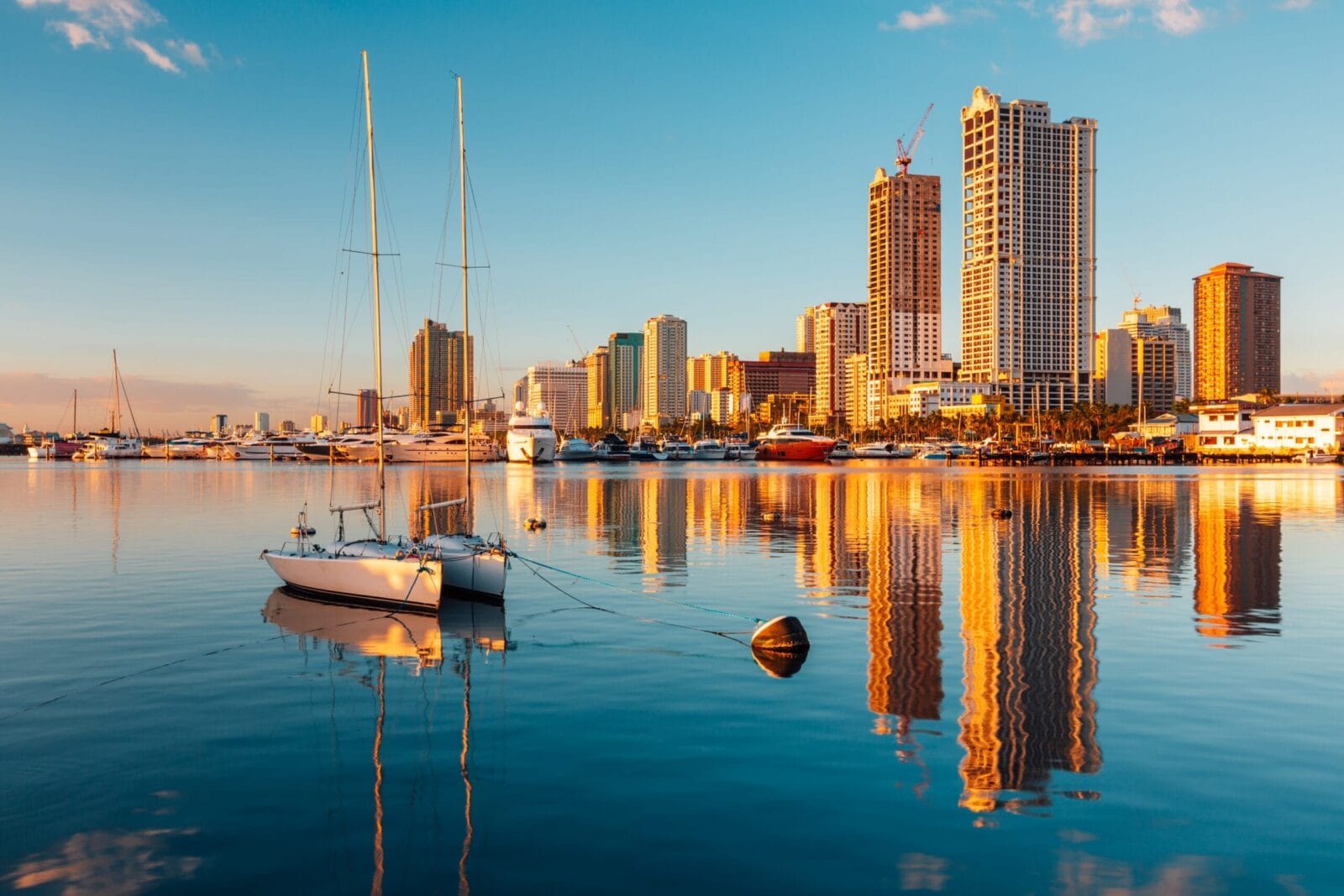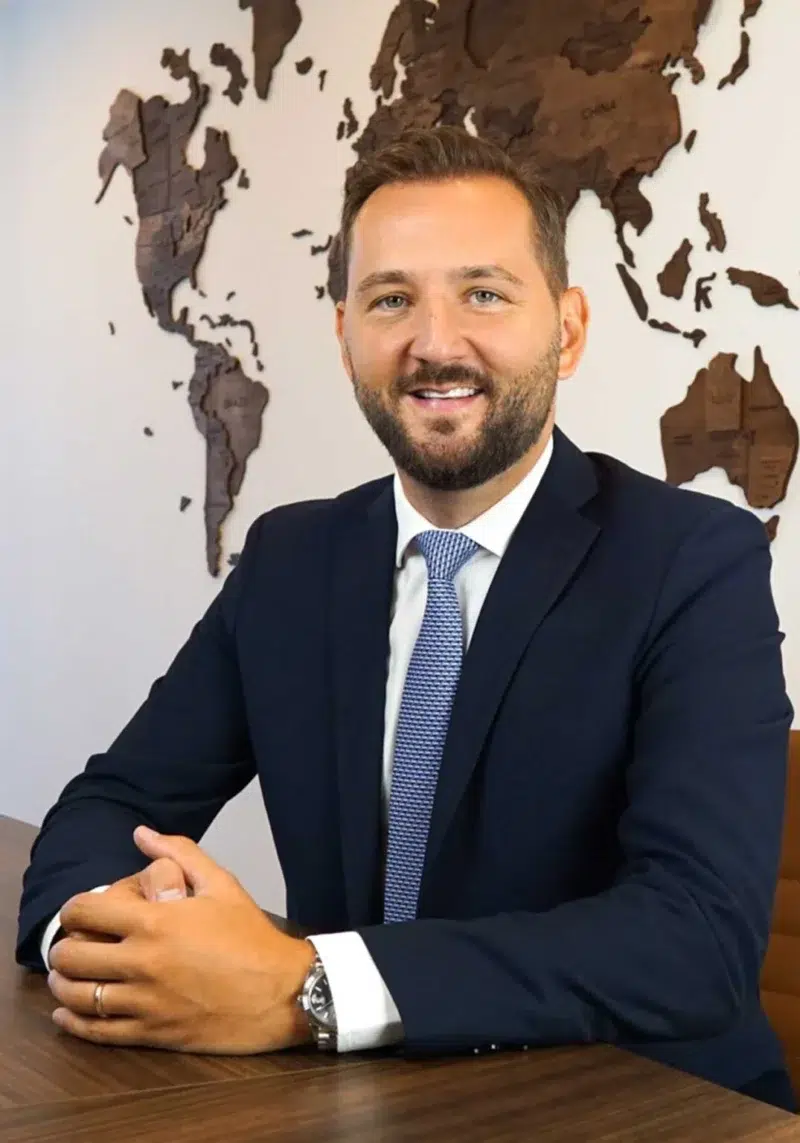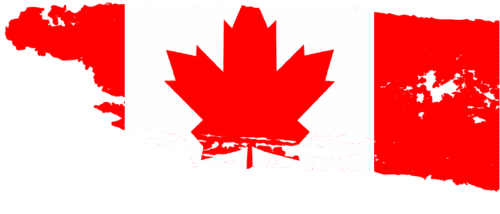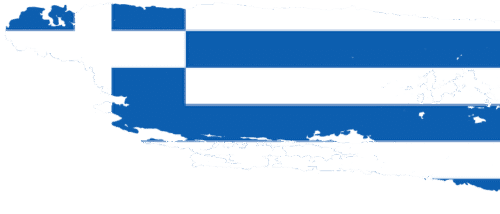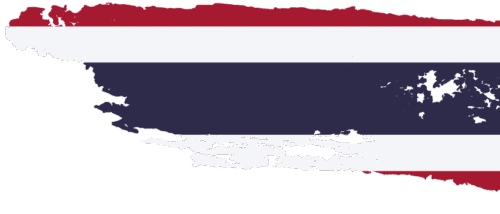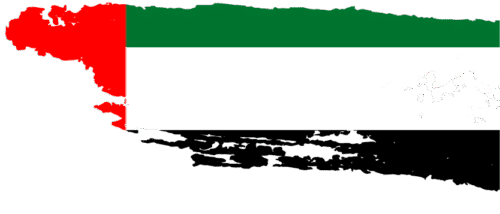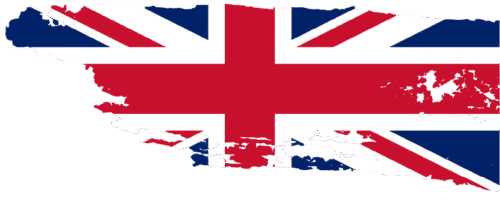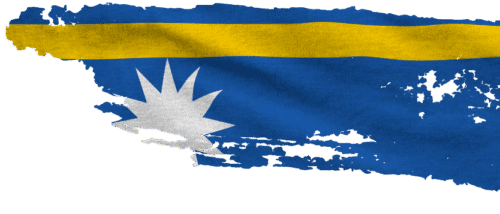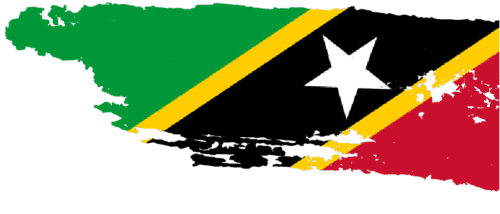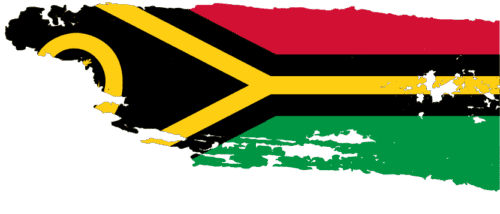If you’ve noticed more people talking about second passports or residency options abroad – you’re not imagining it. More and more often, I’m hearing from clients in the U.S. & Canada that they are looking for a ‘Plan B’ in the form of a second residency or citizenship. For some, it’s about lifestyle and opportunity. For others, it’s about peace of mind.
But what is driving this shift? And which practical, legal routes are available for those considering it?
The Concerns Fueling This Movement
Political and Economic Changes
The first thing I want to make clear is this: North America remains one of the most stable places in the world, comparatively speaking.
However, this stability doesn’t mean its citizens are immune to uncertainty – in the U.S., political polarization, alongside changing tax environments have caused many high-net-worth individuals to consider their alternative options. In Canada, the conversation often centers around increasing taxation and questions around the future of the nation.
A Toronto-based entrepreneur I spoke with last year summed it up well: “It’s not that I don’t love Canada – I really do. But I want to know that if the landscape changes completely 10 years from now, I’ll have a solid alternative in place.”
Mobility and Travel Flexibility
An assumption that many people make is that a U.S. or Canadian passport covers the world, and visa-free travel is a non-issue for either of these passport holders. However, as anybody from North America who frequently travels to Africa, Asia, or parts of the Middle East will tell you – that simply isn’t true. Add in the memory of pandemic-era border closures, and the interest in flexibility for global access becomes even more obvious.
A key reassurance here is that if one country’s border closes, investors know they have another route available – and to be honest, that’s the appeal of a second passport; additional visa-free destinations & agreements, and fewer bureaucratic hurdles – peace of mind.
Lifestyle and Quality of Life Choices
But it isn’t just travel – not every decision is about geopolitics. In fact, a lot of families are simply looking for a better way of life – and a ‘better way of life’ means different things for different people. For example, a lot of Canadians (tired of long, harsh and cold winters), often look toward Southern Europe for warmer weather; American retirees are drawn toward destinations with lower healthcare costs and a slower pace of life.
Education is another major driver that I see a lot. Recently, I was working with a U.S. family who chose Portugal’s Golden Visa primarily because it allowed their children to attend European universities at local tuition rates, rather than international fees.
Family and Future Planning
Second residency and citizenships aren’t just about the present; a lot of parents see them as a way to pass down mobility, opportunity, and security to their children. Typically, for those thinking longer term and focused on generational benefits, it’s less about immediate goals, and more about legacy planning.
The Most Common, Compliant Solutions
Citizenship by Investment (CBI)
Some of the most popular and well-established citizenship by investment programmes are in the Caribbean; nations like St. Kitts & Nevis, Dominica and Grenada offer tried-and-tested options. Caribbean programmes are popular among North Americans because they are relatively straightforward, affordable, and provide visa-free access to over 140 countries.
There are also a growing number of emerging new options for citizenship by investment – countries like Nauru and São Tomé and Príncipe have recently launched programmes of their own at very competitive price points, with early signs showing they are proving to be popular alternative options to the historic Caribbean programmes.
One of my clients, a U.S. business owner, recently told me outright: “For me, it wasn’t about moving tomorrow – it was about having the option and flexibility to relocate if needed, without waiting years for paperwork.”
Residency by Investment (RBI) or Golden Visas
Programmes in Portugal, Greece, Cyprus, and the UAE remain attractive for those who prefer residency with a potential pathway to citizenship. Real estate investment is one of the most common routes, which appeals to investors seeking tangible assets rather than donation-based programmes.
For example, I recently worked with a Canadian couple who secured Greek residency through property investment, and their motivation wasn’t tax-driven, but lifestyle-driven: they wanted to spend their summers by the Mediterranean and eventually retire in Europe.
Options Suited to North Americans
While Europeans may lean toward intra-EU mobility, Americans and Canadians often choose programmes that marry lifestyle benefits with practicality. In that sense, Caribbean citizenships tend to provide quick and balanced solutions, while European residencies (Portugal, Cyprus, Greece) offer family, education, and long-term settlement opportunities.
How to Choose the Right Path
In 2025 there are more options than ever before in the Residence and Citizenship by Investment industry, and the right choice depends entirely on your goals. The thing I would always encourage my clients to do, is ask themselves what they are looking for from their second residence or citizenship:
- Immediate Global Mobility?
- A Safe Retirement Location?
- Tax Advantages?
- An Education Pathway for Your Children?
It’s also imperative to ensure compliance. For U.S. citizens, FATCA reporting obligations remain in place, regardless of a second passport. Canadians must likewise consider how global residency impacts their tax residence status. This is where seeking the highest levels of professional guidance matters most – to ensure the path you choose is both effective in terms of reaching your goals, and legally sound.
Looking Ahead
More and more clients are looking toward second residency and citizenship – and this isn’t a passing phase. Mobility, wealth preservation, and lifestyle choices are increasingly intertwined, and having a “Plan B” has become an integral part of modern wealth strategy.
For my U.S. and Canadian clients, the reasoning is clear: it’s not about abandoning their homeland, but broadening their horizons and safeguarding against an unpredictable future.
So the real question becomes: if opportunities exist to give your family more freedom and security, why wouldn’t you explore them?
If you’re interested in exploring your options for second residence or citizenship, or would like to have a conversation about anything you’ve read in this blog, then get in touch with me directly at: ivan.denuzzo@passportlegacy.com, or via WhatsApp on +971 58 59 40 600.






